Cambridge PBL Fusion: Elevating Education with a Splash of Ingenuity!
The “Cambridge PBL Fusion” is a groundbreaking educational approach that melds the esteemed Cambridge curriculum with the dynamic methodology of Project-Based Learning (PBL). In modern education, where active engagement and practical application are paramount, this fusion takes learning to new heights. This blog aims to shed light on how the Cambridge PBL Fusion is redefining education. It delves into the approach’s significance, showcasing how it not only imparts knowledge but also equips students with critical skills through hands-on projects. Discover how this innovative approach is revolutionizing learning by bridging academia with real-world relevance.
Problem-Based Learning (PBL) Redefined
Cambridge PBL Fusion fundamentally redefines problem-based learning by integrating it with the esteemed Cambridge educational framework. Gone are the days of passive information absorption; here, students immerse themselves in real-world challenges. This dynamic approach propels critical thinking, sparks creativity, and cultivates problem-solving skills – all of which are indispensable in today’s rapidly evolving landscape. It’s an educational paradigm that transcends the conventional, fostering active engagement and empowering students to navigate the complexities of the modern world with confidence and competence. In essence, Cambridge PBL Fusion represents a cutting-edge approach that prepares learners for a future where adaptability and innovation are paramount.
Fusing the Best of Both Worlds
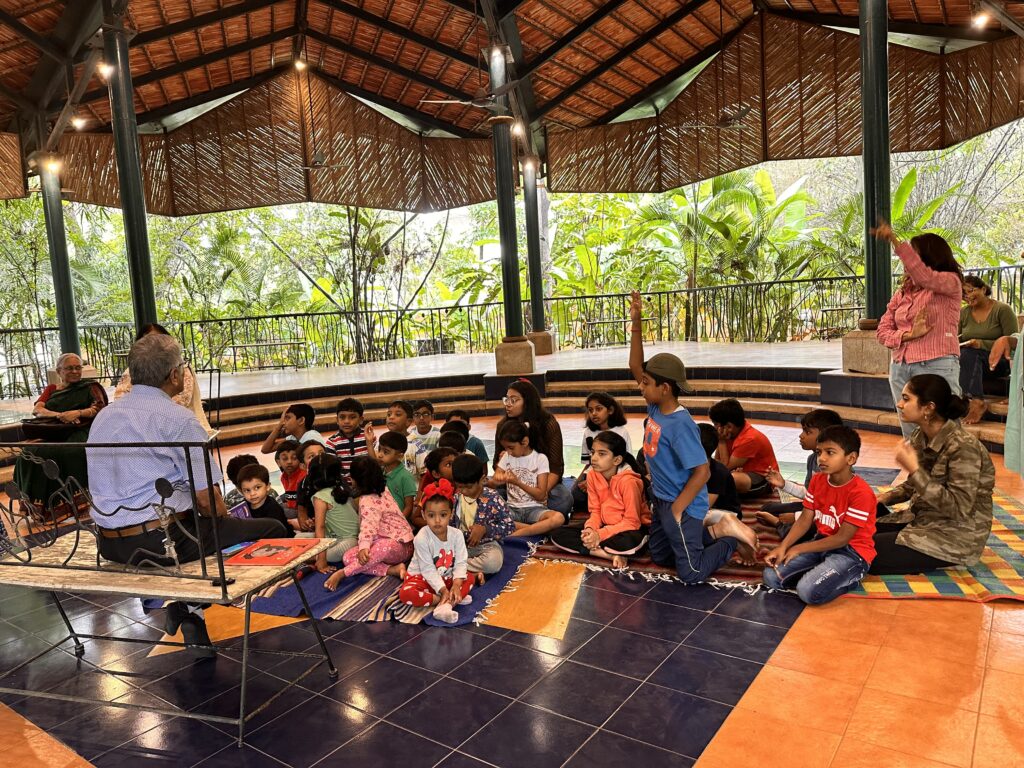
Cambridge PBL Fusion seamlessly merges the traditional rigor of education with the practicality of hands-on learning, striking a perfect balance. It harmonizes academic excellence with real-world applications, offering students a well-rounded education that transcends textbook boundaries.
- Blends academic rigor with practicality
- Fosters a harmonious fusion of theory and application
- Equips students with a holistic, versatile education
- Encourages learning that extends beyond traditional textbooks
Cultivating Independent Thinkers
Cambridge PBL Fusion is a transformative approach to education in Bangalore, instilling the values of independent thinking and self-directed learning. It empowers students to steer their own educational ship, encouraging them to venture beyond the confines of conventional learning. Through problem-based learning (PBL) education, students are presented with real-world challenges, such as designing sustainable solutions for local environmental issues or creating innovative tech solutions for community problems. By actively engaging with these challenges, they nurture their innate curiosity and innovative spirit. This method doesn’t just prepare them for exams; it equips them for life beyond the classroom, where critical thinking and problem-solving are essential skills.
Building Collaborative Skills
In our interconnected world, collaboration is indispensable, and Cambridge PBL Fusion places a strong emphasis on teamwork. For instance, students may collaborate on projects like creating a sustainable urban development plan, where they learn to communicate effectively, compromise on differing ideas, and harness diverse perspectives. This collaborative approach extends beyond the classroom and cultivates essential interpersonal skills that are invaluable in any professional field, from healthcare teams devising patient care strategies to tech companies developing innovative solutions.
Preparing for the Future
In an era marked by swift technological progress and increasing globalization, the job market is undergoing a profound transformation. Cambridge PBL Fusion is the answer, equipping students with future-proof skills that make them adaptable, resourceful, and prepared to confront the ever-changing world.
Real-time challenges addressed through PBL include:
- Tech Disruption: PBL tasks students with developing solutions for emerging tech disruptions, fostering adaptability in the face of automation.
- Global Collaboration: PBL encourages cross-cultural teamwork, nurturing global awareness and enhancing problem-solving across borders.
- Environmental Crisis: Students engage in PBL projects centered on sustainability, promoting resourcefulness in addressing pressing environmental issues.
- Healthcare Innovation: PBL fosters creative thinking in healthcare, empowering students to devise solutions for healthcare challenges, such as pandemics.
- Economic Shifts: PBL helps students understand economic shifts, enabling them to navigate changing job markets with resilience.
Cambridge PBL Fusion prepares students to thrive amid these challenges by instilling the skills and mindset needed to excel in a dynamic, uncertain world.
Encouraging Lifelong Learning
In the vibrant educational landscape of Bangalore, Cambridge PBL Fusion stands out by imparting not just knowledge but a passion for lifelong learning. This innovative approach goes beyond conventional education, fostering a growth mindset that inspires students to relentlessly pursue knowledge and skill enhancement throughout their lives. Here’s how Cambridge PBL Fusion achieves this:
Key Elements of Cambridge PBL Fusion:
| ASPECT | DESCRIPTION |
| PBL Methodology | Active engagement with real-world challenges |
| Problem-Solving | Emphasis on critical thinking and innovation |
| Collaboration | Developing effective teamwork and communication |
| Adaptability | Preparing students for the changing job landscape |
| Global Perspective | Encouraging cross-cultural awareness and competence |
| Growth Mindset | Cultivating a thirst for ongoing self-improvement |
In Bangalore, Cambridge PBL Fusion nurtures a generation of learners who see their diploma as just the beginning of a lifelong journey filled with curiosity, exploration, and continuous growth.
Conclusion
Cambridge PBL Fusion isn’t merely an educational method; it’s a transformative revolution in the realm of education in Bangalore. It seamlessly blends traditional pedagogy with innovative practices, creating a dynamic, forward-looking approach to learning. Through this harmonious fusion, students aren’t just primed for exams; they’re equipped with the skills and mindset essential to excel in the 21st century. It represents a true stroke of ingenuity that propels education to unparalleled heights, and its profound impact is poised to mold the future leaders and adept problem solvers of tomorrow.
Ready to embark on your educational revolution? Discover more about Cambridge PBL Fusion in Bangalore by visiting https://tapaseducation.com/ and unlocking a brighter future today!
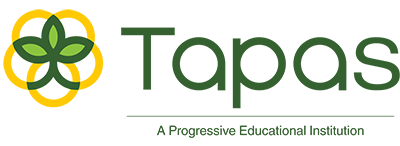

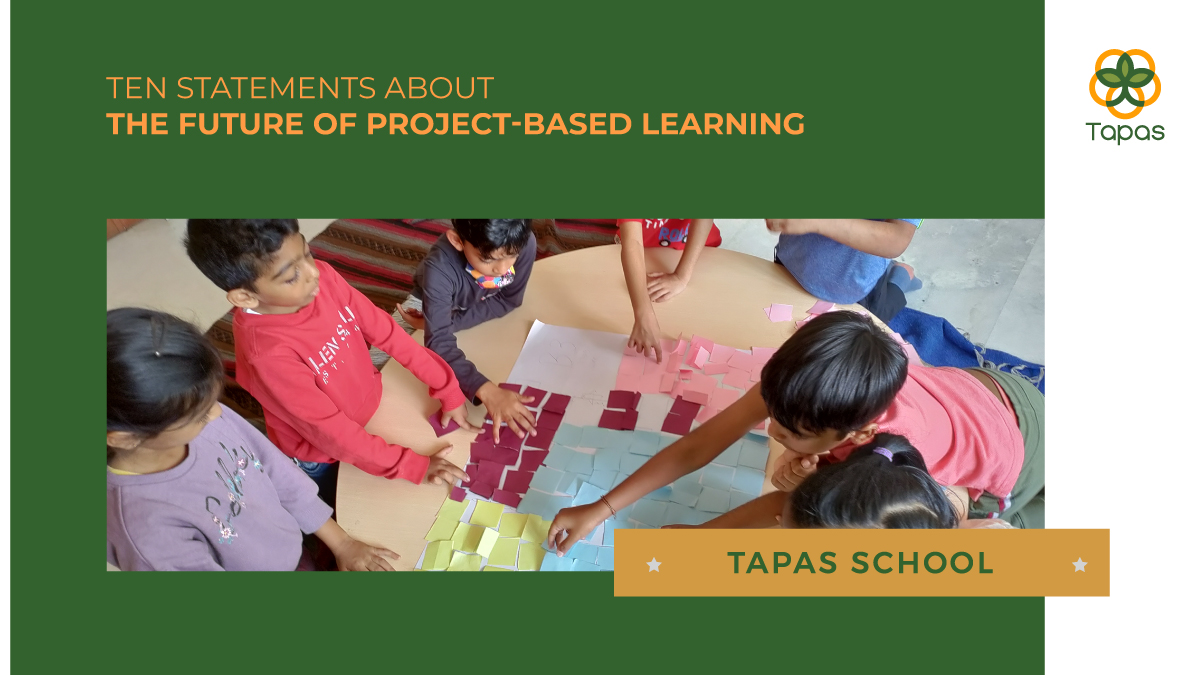
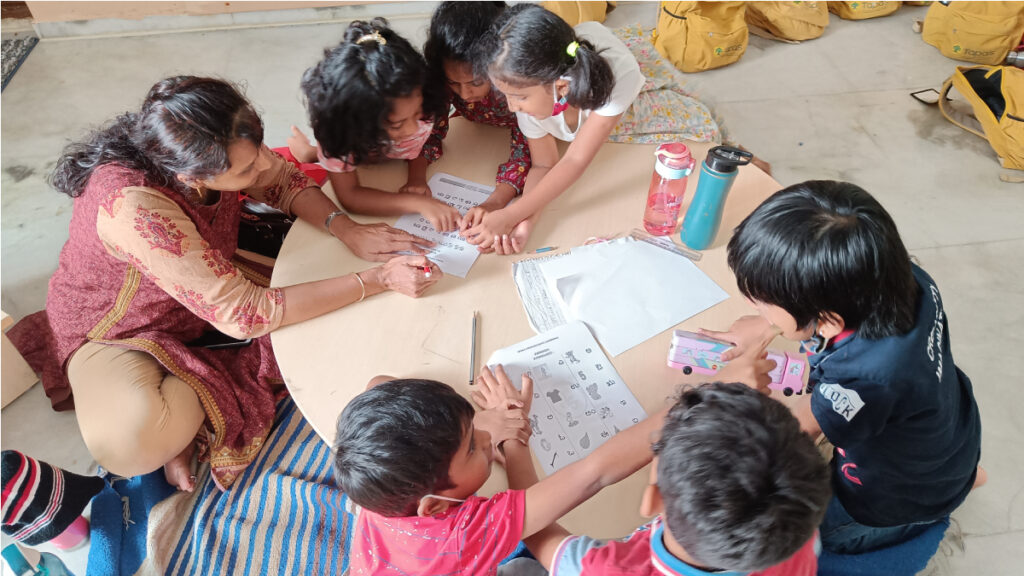
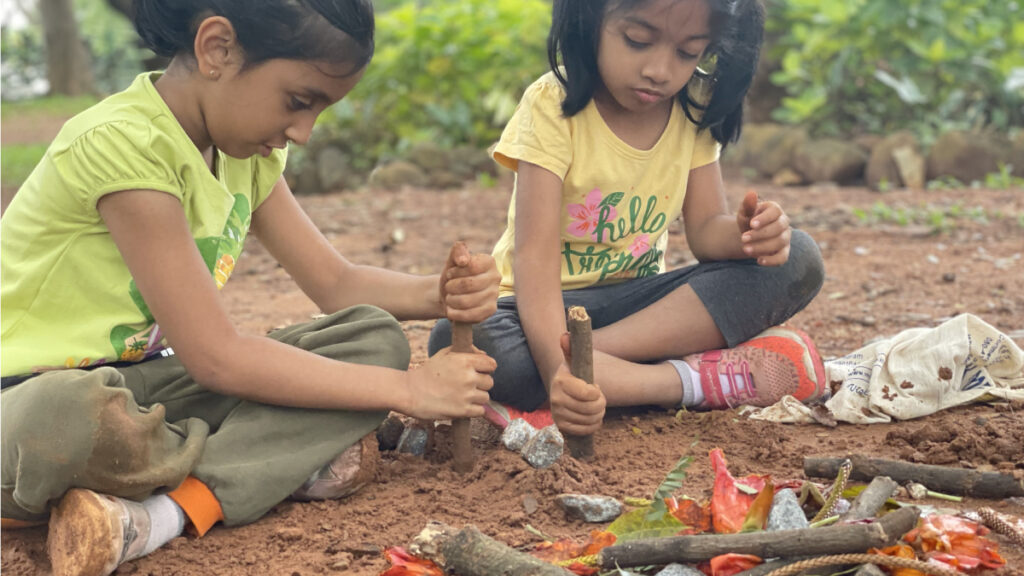
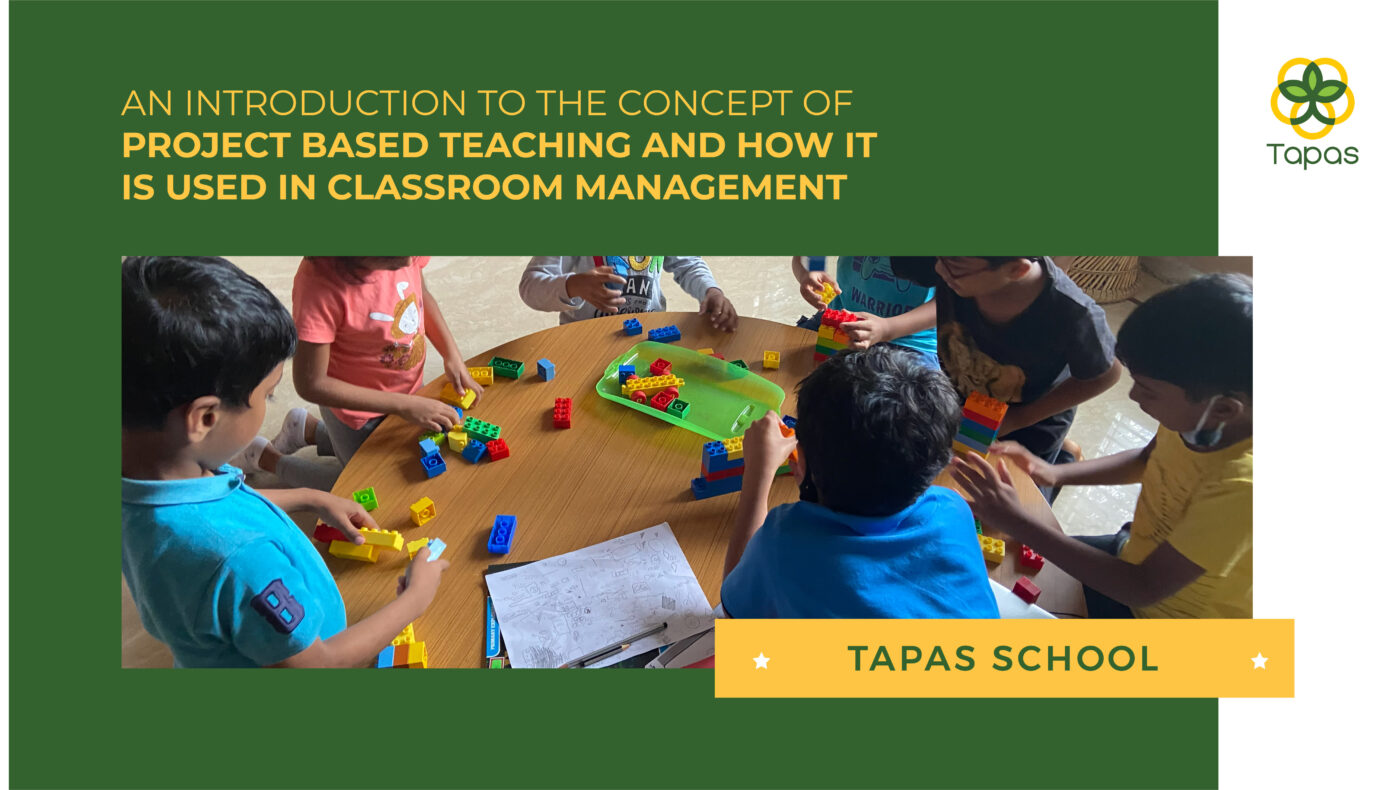
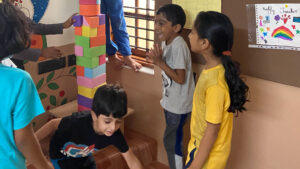 Each project is looked at minutely and in convergence with the student mix and their interests, behaviours and attention levels to bring about the maximum result. There are many different types of programs and curriculums that PBL follows. At the beginning of the semester, the educator sets the goals that they need to target, focus on and achieve cumulatively. Changes that concentrate on growth, however small they may be, but well-orchestrated are made and these bring about a flurry of change in the classroom in the correct manner.
Each project is looked at minutely and in convergence with the student mix and their interests, behaviours and attention levels to bring about the maximum result. There are many different types of programs and curriculums that PBL follows. At the beginning of the semester, the educator sets the goals that they need to target, focus on and achieve cumulatively. Changes that concentrate on growth, however small they may be, but well-orchestrated are made and these bring about a flurry of change in the classroom in the correct manner.
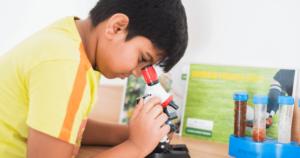
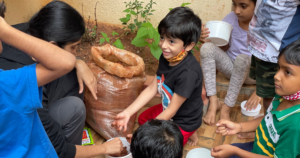 Education should not be limited to the four walls of classrooms and as educators, it is our responsibility to create adults who are equipped with skills and resources to thrive in a constantly changing work environment, who are able to live a fulfilling life and be active contributors to society. Tapas, a 100%
Education should not be limited to the four walls of classrooms and as educators, it is our responsibility to create adults who are equipped with skills and resources to thrive in a constantly changing work environment, who are able to live a fulfilling life and be active contributors to society. Tapas, a 100%